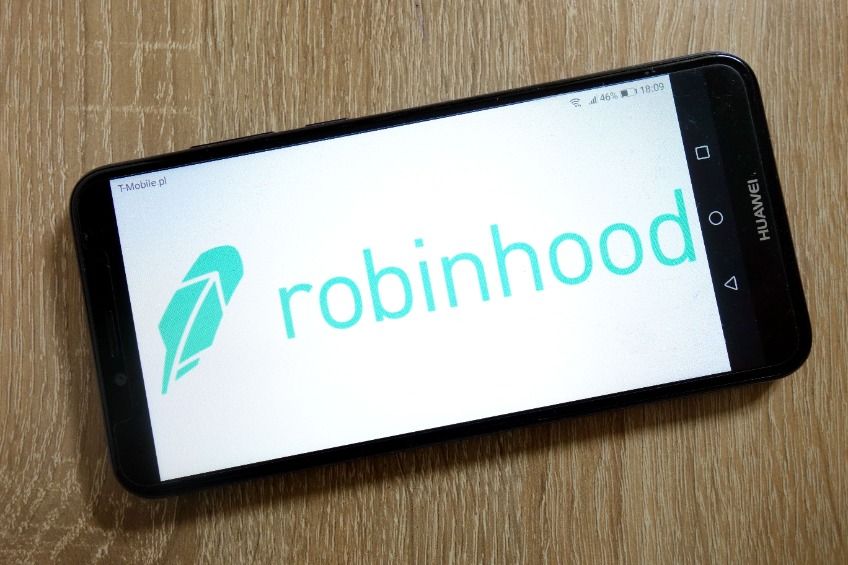Robinhood has officially announced the expansion of its cryptocurrency services in the European Union, allowing customers to transfer cryptocurrencies in and out of its app.
This move marks a significant step in the company’s international growth strategy, as it offers European users the ability to self-custody their digital assets.
Robinhood’s decision to broaden its product capabilities aligns with the growing demand for digital currency services across Europe, where favourable regulations, such as the Markets in Crypto-Assets (MiCA) law, are being adopted.
This development comes at a time when US crypto firms are facing increasing scrutiny from regulators at home.
Robinhood expands crypto capabilities in Europe
Robinhood’s new feature allows EU users to deposit and withdraw over 20 digital currencies, including popular tokens such as bitcoin (BTC), ethereum (ETH), and solana (SOL).
The platform had previously restricted users from transferring their cryptocurrencies out of the app, limiting the scope of its crypto trading services.
With this latest feature, European users can now fully control their digital assets by transferring them to self-custodial wallets.
This expansion reflects the growing interest in decentralised finance (DeFi) solutions across the continent, particularly as the MiCA regulation creates a more unified regulatory environment for the cryptocurrency industry in the EU’s 27 member states.
The decision to introduce these self-custody capabilities follows Robinhood’s belief in the EU’s market potential for digital currencies.
According to Johann Kerbrat, Robinhood’s crypto general manager, the EU market is just as large as the US in terms of total addressable market size.
Kerbrat pointed to the MiCA regulation as a critical factor, suggesting that the EU’s consistent regulatory framework will be a game changer for the digital currency sector, making it an attractive market for crypto firms.
Robinhood’s $200 million Bitstamp acquisition set to boost international presence by 2025
Robinhood’s acquisition of Luxembourg-based crypto exchange Bitstamp, valued at $200 million, further underscores its commitment to expanding internationally.
Bitstamp, which holds over 50 licenses and registrations globally, will provide Robinhood with access to additional markets and regulatory permissions, including in key regions like Singapore, the UK, and across the EU.
The Bitstamp deal, expected to close by 2025, will not only help Robinhood enter new territories but also diversify its offerings by catering to institutional investors.
Bitstamp’s “crypto-as-a-service” solution is particularly geared towards banks and financial institutions looking to integrate crypto capabilities into their existing services.
Robinhood’s global push amid US regulatory headwinds
While Robinhood is scaling its operations in Europe, the company faces significant challenges in the US, where regulatory authorities like the Securities and Exchange Commission (SEC) are intensifying their scrutiny of the crypto sector.
Several US-based crypto companies, including Coinbase and Binance, are currently battling lawsuits from the SEC over allegations of trading unregistered securities.
Robinhood, which is regulated by both the SEC and the Financial Industry Regulatory Authority (FINRA), has expressed frustration over the US regulatory landscape, stating that the “regulation by enforcement” approach creates uncertainty in the market.
Currently, Robinhood’s expanded crypto services are only available to EU customers, with the UK still awaiting access.
Despite launching its stock trading service in the UK last November, Robinhood has yet to offer cryptocurrency trading or self-custody options to British users.
With the Bitstamp acquisition and continued growth in Europe, it is likely that UK customers could see expanded crypto services in the near future.
The post Robinhood expands footprint in Europe, introducing crypto transfer features for EU customers appeared first on Invezz

